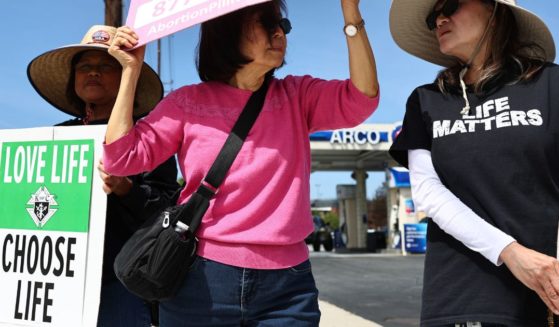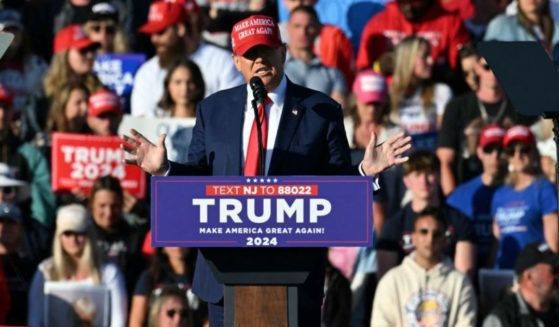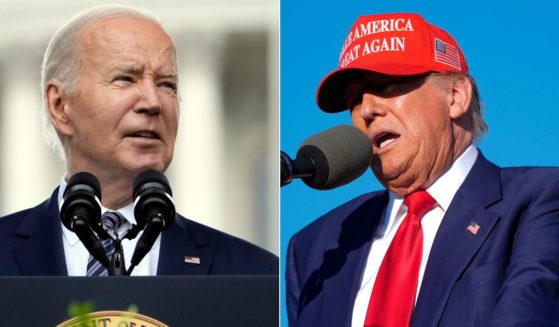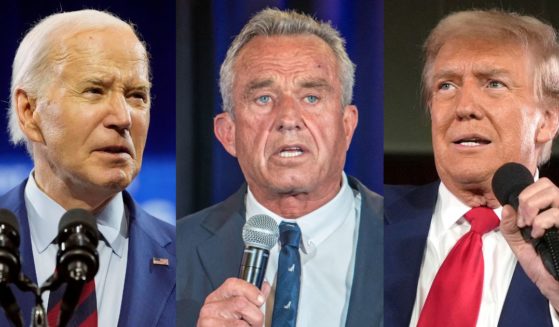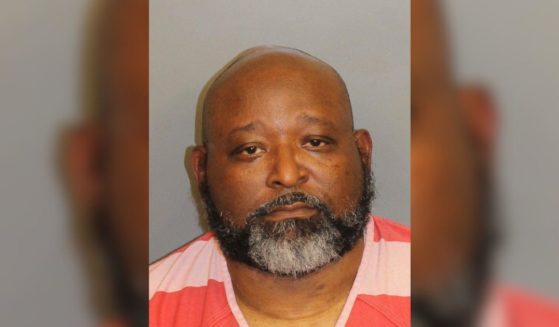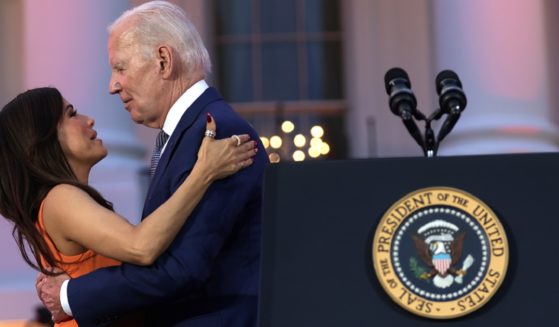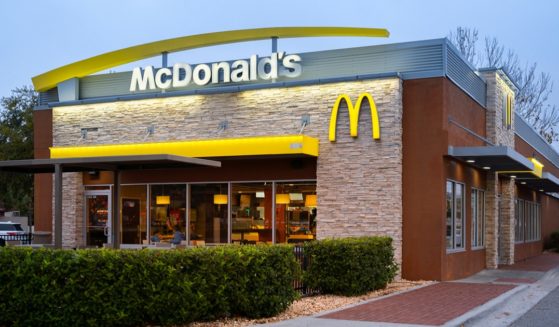Russia Pulls Safety Guarantee for Grain Ships - Wheat Prices Already Rising
In their eagerness to escalate warfare, world leaders never learn from history. Nor do they care for the millions of people who suffer from their ignorant bellicosity.
According to the Russian news agency TASS, Russia has withdrawn from the Black Sea Initiative, a year-old agreement that guaranteed the safety of Ukrainian grain ships on the Black Sea.
On Monday, the Wall Street Journal reported that Russian spokesman Dmitry Peskov said Russia would re-enter the agreement if the country’s demands were met, specifically that “the West facilitate its own exports of food and fertilizers.”
Long regarded as the breadbasket of Europe, Ukraine ranks among the global leaders in the production and export of major agricultural commodities.
In fact, according to the U.S. Department of Agriculture, in 2021 Ukraine alone accounted for 9 percent of global wheat exports, 12 percent of global corn exports, and 46 percent of global sunflower oil exports — all of which exceeded $5 billion in annual value.
Top consumers of Ukrainian agricultural exports included the European Union, China, India, Egypt, Indonesia and Turkey.
Any disruption to Ukrainian exports, therefore, threatens millions of people worldwide with higher prices, diminished standards of living and even starvation.
Turkish President Recep Tayyip Erdogan helped negotiate the Black Sea Initiative in July 2022, Reuters reported.
While many were hopeful Russia would extend the deal, Russian President Vladimir Putin has taken a hard line in response to Monday’s attack on a bridge linking Russia with Crimea, the Journal reported.
According to The Guardian, Putin called the attack a “terrorist act.”
Other Russian officials amplified Putin’s rhetoric.
“Today’s attack on the Crimean bridge was carried out by the Kyiv regime. This regime is terrorist and has all the hallmarks of an international organised crime group,” Russian foreign minister spokeswoman Maria Zakharova said.
Whether or not the Crimean bridge attack sealed Putin’s commitment to withdraw from the Black Sea Initiative, the historical lessons here are impossible to ignore.
The new Cyclone missile ship was accepted into the Russian Navy, the ceremony was held in the Crimea under the leadership of Nikolai Evmenov, Commander-in-Chief of the Russian Navy.
For the Kerch shipbuilding plant, the Cyclone became the first warship in the last 25 years that… pic.twitter.com/RQhC4ye5gE
— Spriter Team (@SpriterTeam) July 12, 2023
More than a century ago, another war for democracy — “the war to end all wars,” as fools called it at the time — triggered mass suffering when contending armies clashed over Ukraine’s agricultural resources.
World War One made possible the Bolshevik Revolution in Russia, and the ensuing Russian Civil War brought misery and starvation to Ukrainian peasants.
Then, in the late 1920s and early 1930s, Soviet dictator Joseph Stalin ordered the liquidation of prosperous Ukrainian peasants, or “kulaks,” a program known as “dekulakization.”
Millions died in the ensuing famine.
American politicians seem not to understand the things they say about a region of the world that has so little effect on them personally.
Glib statements about defending “democracy” have no real meaning in that region’s historical context.
What does have meaning is the prospect of starvation, as well as the mathematical certainty that those who escalate war will cause many innocent people to die.
Truth and Accuracy
We are committed to truth and accuracy in all of our journalism. Read our editorial standards.

